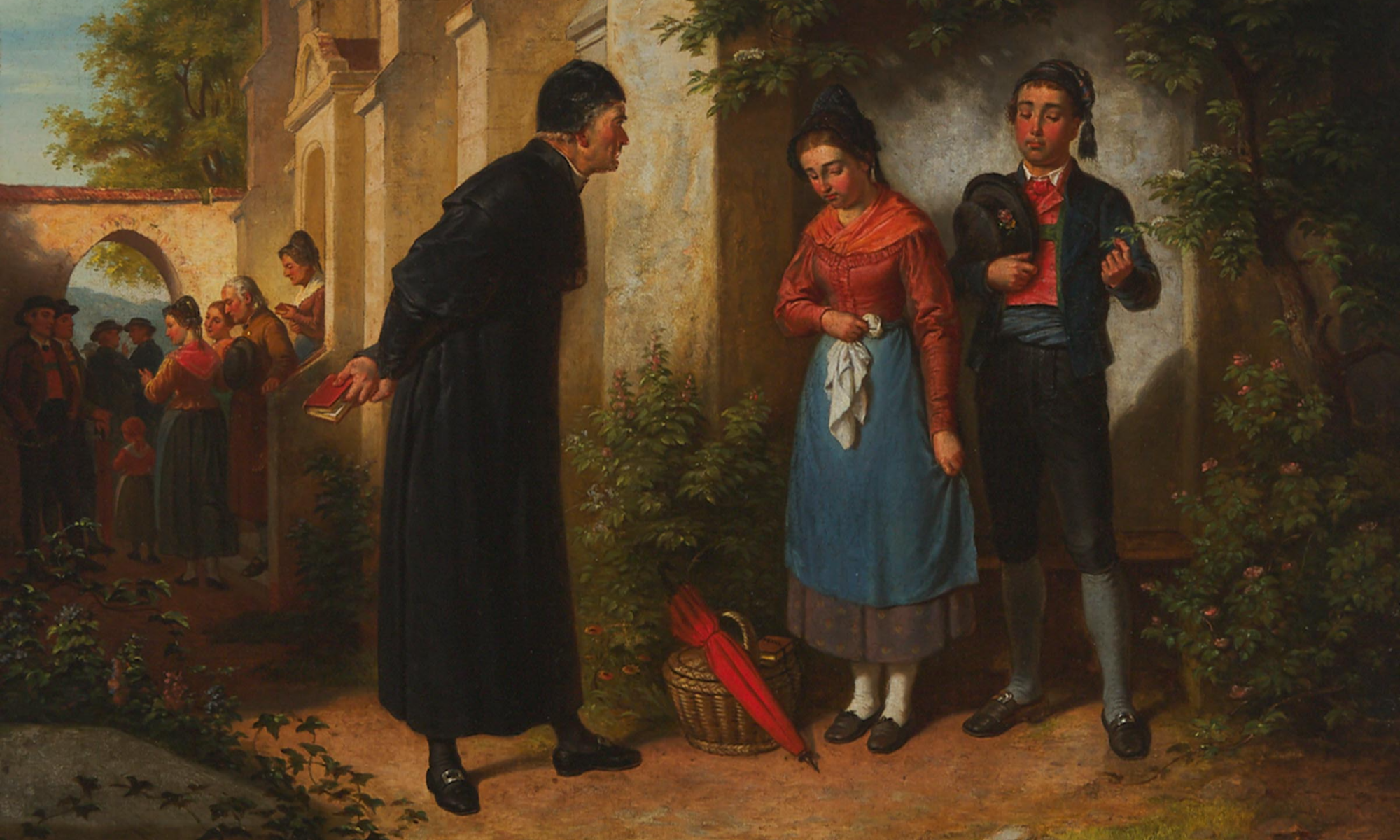Canadian Artist; OC GGA (1943- )
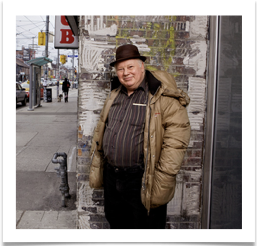
Ron Martin was born in London, Ontario 28 April 1943. Ron Martin studied at H.B. Beal Secondary School in London, Ontario. Then began working in a studio shared with Murrary Favro in 1964, and had his first solo exhibition at Jack Pollock’s gallery in Toronto in 1965. Martin admired Jackson Pollock, Milton Resnick and other Abstract Expressionists, and his interest quickly turned to abstraction.
Martin has consistently worked in series, such as the monochromatic “Bright Red Paintings” of 1972 and the subsequent “Black Paintings,” with which he was engaged from 1974 to 1981. In these series he employed a wide range of techniques: pouring, brushing, scraping, and using his bare hands, and consistently worked on the floor or other flat surfaces. The monochromatic paintings began as vigorously gestural works and then evolved into thin surfaces, from which much of the paint had been scraped away, and ultimately to highly textured accumulations of dense, encrusted acrylic. The “Black Paintings” represented Canada (along with Henry Saxe’s sculptures) at the Venice Biennale in 1978. Throughout his career, Martin has rigorously moved on from each series to other quite different ones. The “Black Paintings” were followed by much sparer grid works, the “Geometric Paintings” (1981-85), and then by the more painterly “Black, White and Grey Paintings.” In the 1990s he created a number of series based on a configuration of circles, using oil paint squeezed directly from the tube.
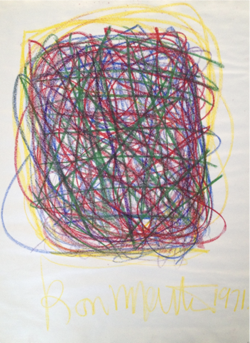
Titled: Untitled, 1971
Medium: Colored Crayon on paper
Size: 23 1/2″ x 18″ (59.7 x 45.7cm)
Signed and dated
Martin often set arbitrary constraints on his process, eg, limiting a painting to one gallon of paint, two gallons or twenty gallons. Or he might set a time limit to the production of each work. These procedures suggest an affinity with conceptual art, but Martin also views them, and other aspects of his art making, as in keeping with Leonardo’s advice to the artist to “look at certain walls stained with damp or at stones of uneven colour” so that “the spirit [will be] quickened to new inventions.” Martin therefore places Leonardo in a line of thought leading to the psychoanalytic theories of Sigmund Freud and Carl Jung, and on the basis of their work he takes it for granted that “the creative process is an unconscious” one that functions best when the artist is focused on the sheer materiality of painting. In 2012 Ron Martin was awarded a Governor General’s Award for Visual and Media Arts.
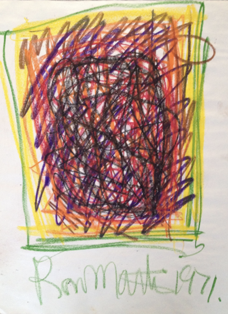
Titled: Untitled, 1971
Medium: Colored Crayon on paper
Size: 23 1/2″ x 18″ (59.7 x 45.7cm)
Signed and dated
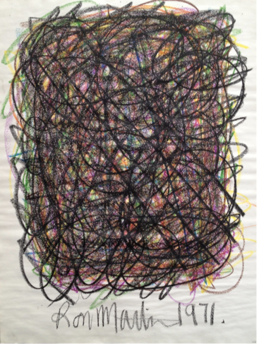
Titled: Untitled, 1971
Medium: Colored Crayon on paper
Size: 23 1/2″ x 18″ (59.7 x 45.7cm)
Signed and dated
